How To Take Care Of Ageing Pets: Diet Tips From Expert - In Pics
As in humans, when pets start growing old, there are changes in their health and bodies which require catering to. Expert shares diet and nutritional tips to take care of ageing pets.
Taking Care Of Ageing Pets
)
"Aging in pets, like humans, is accompanied by a series of physiological changes that can impact their overall health. To mitigate the effects of aging and promote longevity, it is imperative to understand the nutritional needs of aging animals," shares Dr Jadhav Aditya Sudhir, Product Executive, Drools. He goes on to share tips about taking care of ageing pets and their diets. Scroll on.
Protein Requirements
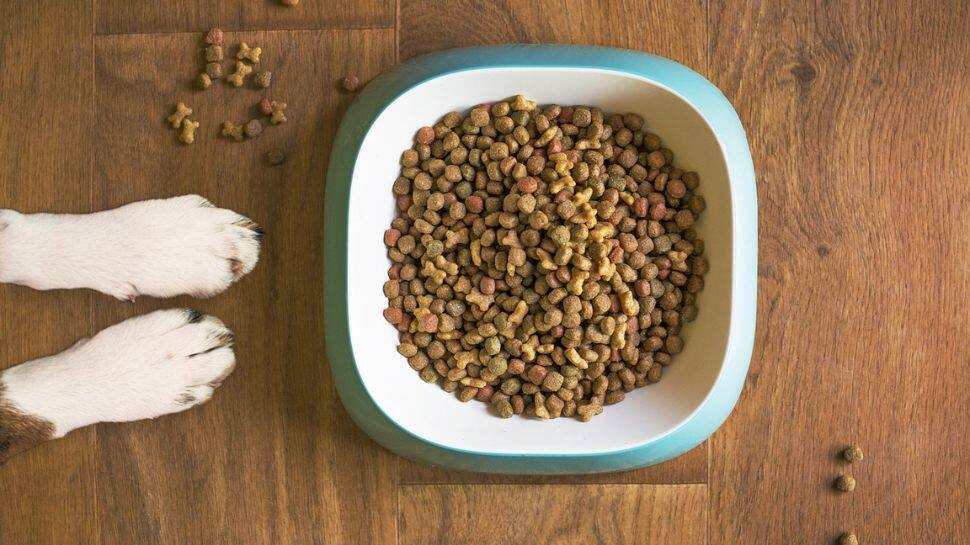
Protein plays a critical role in maintaining muscle mass and overall vitality in aging pets, says De Jadhav. He says that older pets may require higher levels of high-quality protein to counteract muscle loss associated with aging. Therefore, it is essential to provide protein-rich diets that meet their specific needs.
Caloric Adjustment
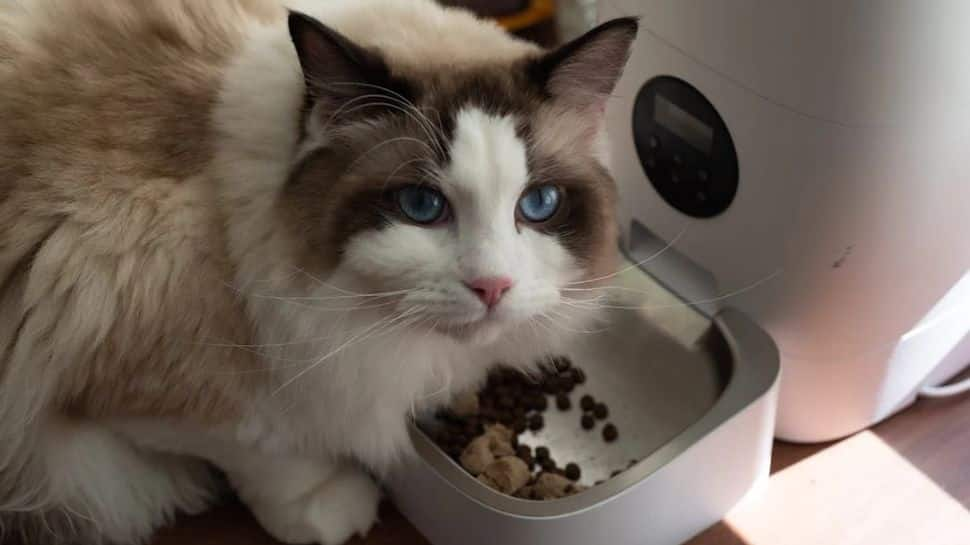
As pets age, their metabolic rate tends to slow down, making them more susceptible to weight gain. To prevent obesity-related health issues, Dr Jadhav says it is crucial to reduce their caloric intake upto 10-20% accordingly. Restricted calorie content, helps to maintain an ideal body weight.
Omega-3 Fatty Acids

"Omega-3 fatty acids, such as EPA and DHA, have gained recognition for their potential benefits in maintaining joint health and cognitive function in aging pets. Fatty acids can alleviate symptoms associated with osteoarthritis and cognitive dysfunction. Adding omega-3 supplements in an aging pet's diet can be beneficial," says Dr Jadhav.
Antioxidants And Nutraceuticals
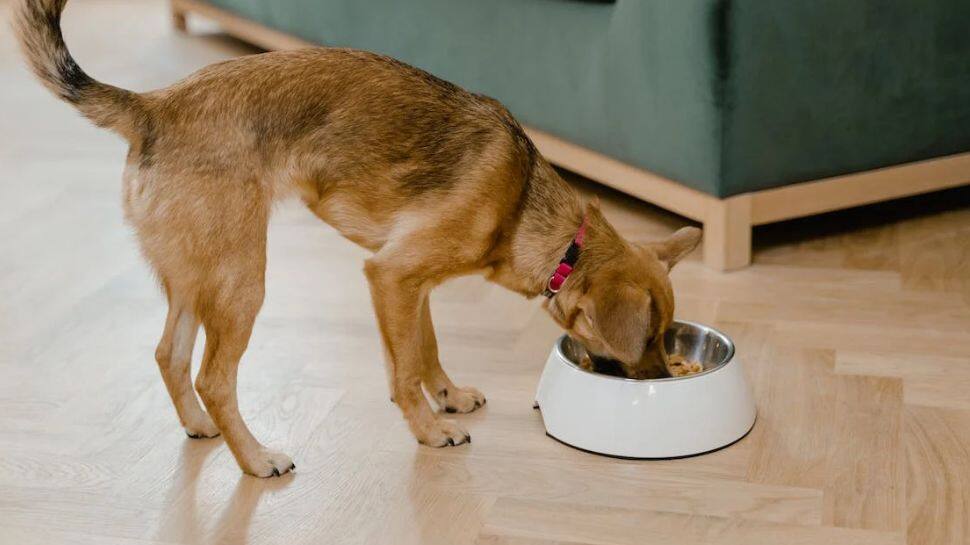
The aging process can result in oxidative stress, leading to cellular damage and increased susceptibility to chronic diseases. Antioxidants, such as vitamins C and E, along with nutraceuticals like glucosamine and chondroitin, have been investigated for their potential to combat age-related oxidative stress and joint degeneration, shares the doctor.
Dental Health Of Pets
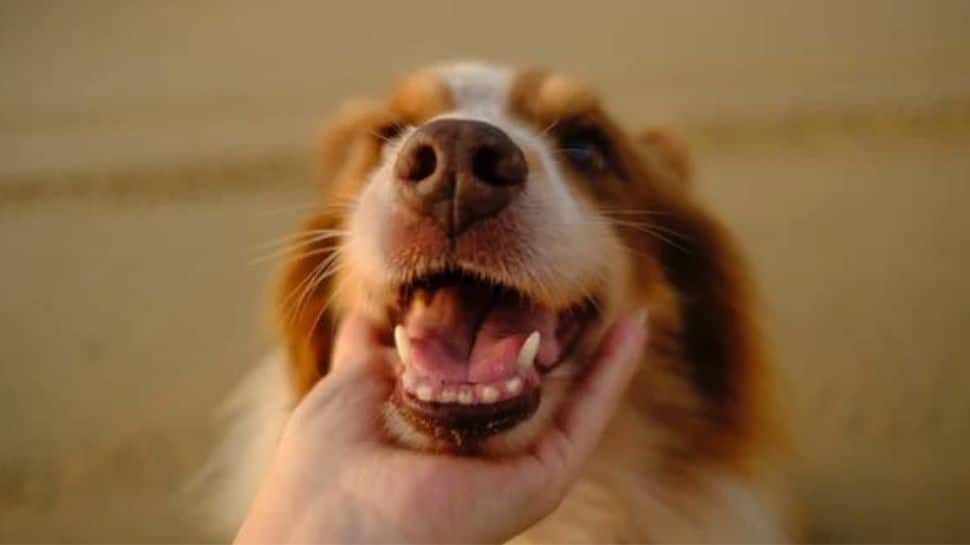
Dry kibble is often considered better for teeth because its rough texture can help remove plaque when pets chew it. On the other hand, wet food can sometimes stick to teeth and might make plaque buildup worse. Dr Jadhav says that if your pet has dental issues, it's essential to think about which type of food might be best for their teeth.
Old But Healthy: Care For Furry Friends
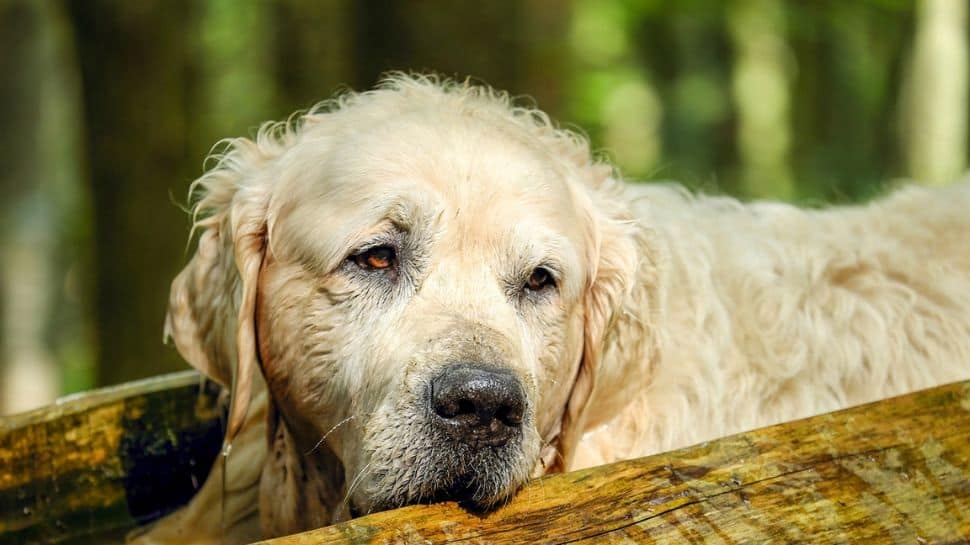
"Understanding the nutritional needs of aging pets is vital for their well-being. Protein-rich diets, caloric adjustments, and omega-3 fatty acids support muscle, weight, and cognitive health. Antioxidants combat oxidative stress. Additionally, the choice between dry and wet food can have an impact on dental health. Balancing nutrition is essential for ensuring our aging pets thrive in their golden year," Dr Jadhav Aditya Sudhir advises.
Trending Photos








